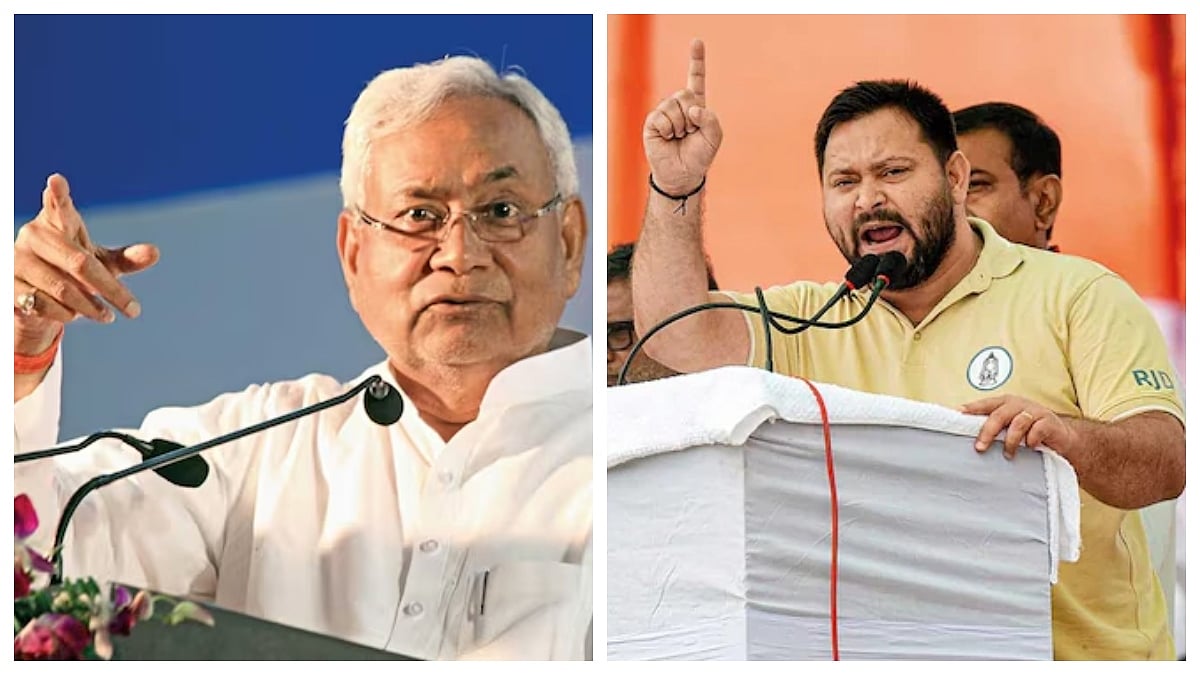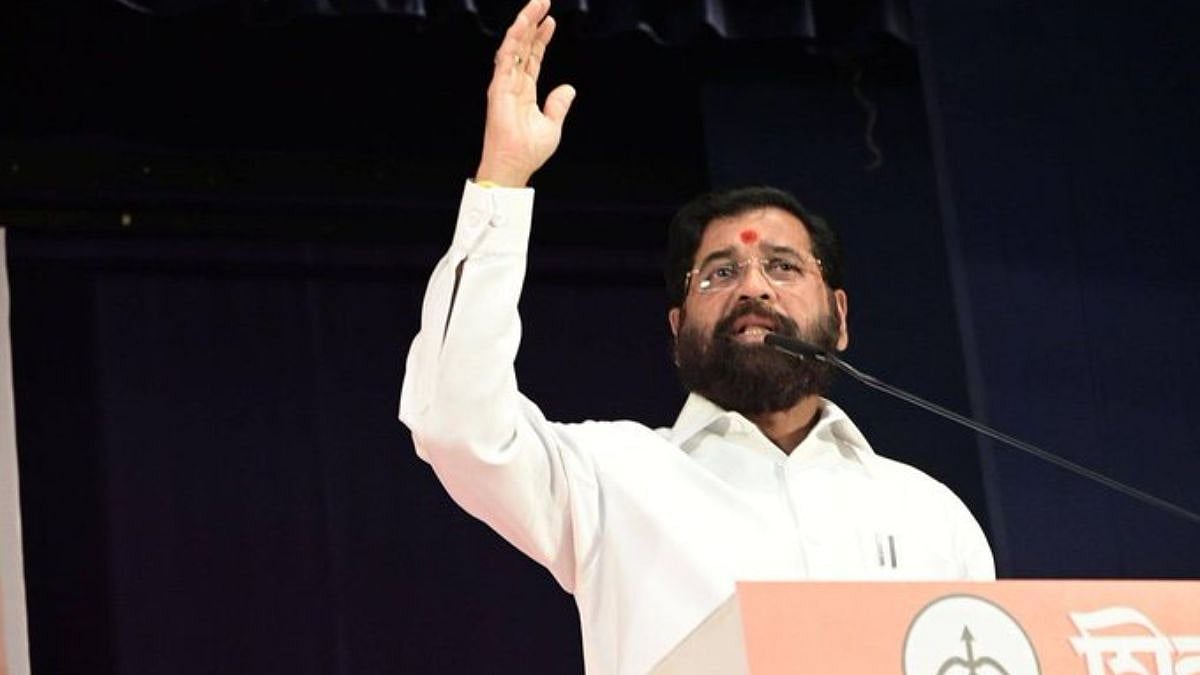In an election saturated with populist promises and caste equations, Prashant Kishor’s Jan Suraaj has emerged as an intellectual experiment — an attempt to reimagine politics through policy and people’s participation.
Candidates beyond caste
According to internal tallies, Jan Suraaj has fielded over 62% graduates and postgraduates among its candidates — engineers, teachers, journalists, and social workers — compared to less than 25% in most traditional parties. Kishor’s team claims it is the “only platform that screens candidates on public service record.”
Meanwhile, the RJD, JD(U), and BJP continue to rely heavily on caste-based ticket distribution. A clear example is Chhapra, where the BJP replaced its Thakur candidate with a Baniya woman, aiming to recalibrate the vote matrix. “Ek Khesari lal ko harane ke liye PM bhi yaha pahuch gaye’ says a local youth who is a Yadav supporter in Chapra. The Contest here is between RJD’s Keshari Lal Yadav, a popular Bhojpuri singer and BJP’s Choti Kumari – where the incumbent C N Gupta has been denied ticket. Fact that Caste dynamics guided ticket distribution heavily in Bihar is no secret. The question is will the likes of Prashant Kishor who claims to bring in a new wave of educated intellectuals into political landscape succeed in Bihar?
The intellectual challenge
Jan Suraaj candidates talk data, not identity. In Darbhanga, local candidate from Kumrar in patna K.C. Sinha emphasizes development “beyond caste calculus,” arguing that his supporters “cut across social boundaries.” The party’s manifesto focuses on education reform, decentralized governance, and rural entrepreneurship, ideas resonating with first-generation educated youth.

Yet, scepticism persists. “We appreciate Kishor’s intellect, but elections here are still about who represents which community, caste factor dominates” says another opinionated student from Patna.
The real test
If Jan Suraaj manages even a modest foothold, it will signal a sociopolitical evolution. Bihar choosing enlightened and educated candidates breaking away or rising above caste identity. If it fails, it may confirm what analyst called “the tyranny of caste arithmetic.”
Jan Suraaj’s performance will reveal whether Bihar’s electorate has matured enough to prioritize competence and ideas over community comfort. The answer may redefine the state’s political DNA.




